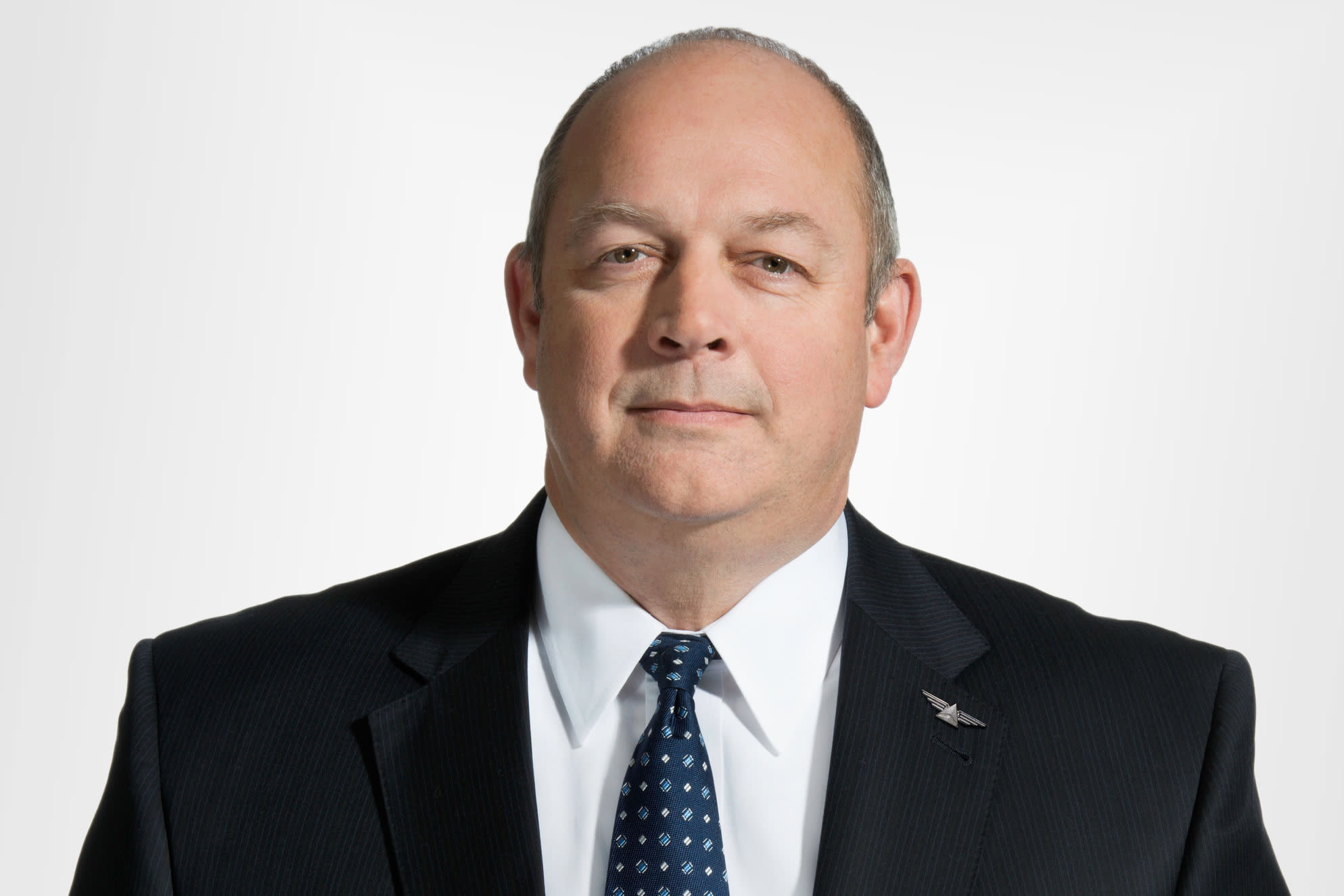Steve Dickson
Source: Delta Air Lines
The Federal Aviation Administration, under fire for its approval of the now-grounded Boeing 737 Max, will work to better assess how human pilots interact with increasingly automated and complex aircraft, the agency’s chief said Tuesday.
The pilots on two flights of the 737 Max — Lion Air Flight 610 in Indonesia in October 2018 and Ethiopian Airlines Flight 302 in March — were battling an automated flight-control system that repeatedly pushed the nose of the planes down before they crashed.
Regulators ordered airlines to stop flying the planes after the second crash. Together, the crashes killed all 346 people on board.
The National Transportation Safety Board in a September report criticized Boeing for overestimating how pilots would react to a flurry of cockpit alerts during a malfunction, as occurred on the two flights.
Steve Dickson, who was sworn in as administrator for a five-year term in August, told an industry conference in Washington, D.C., that human factors should be considered “throughout the design process.”
He also called for better data sharing as the agency oversees aircraft and a “more holistic approach versus a transactional item-by-line-item approach to aircraft certification.”
Lawmakers have criticized the agency’s relationship with Boeing as too cozy, since the FAA outsourced some certification procedures to the company, under a decades-old delegation program.
The FAA is reviewing Boeing’s software changes to the 737 Max that aims to make the system implicated in both crashes less aggressive. Boeing is also planning to feed the system with a second sensor, instead of a single sensor. In the crashes, that single sensor received an inaccurate reading and triggered the flight-control system, known as MCAS.
Boeing’s CEO Dennis Muilenburg repeatedly apologized in front of lawmakers on Capitol Hill last month, acknowledging the company made “mistakes” in its design process for the planes.
Dickson said Tuesday that the plane will only fly based on the FAA’s assessment.
“We are not delegating anything in this process,” said Dickson. A former Delta Air Lines executive and captain, Dickson reiterated that he would fly the revamped 737 Max himself before certifying it.
The FAA was the last major aviation authority in the world to ground the planes in March, a shift from previous years when other nations would follow the FAA’s lead.
